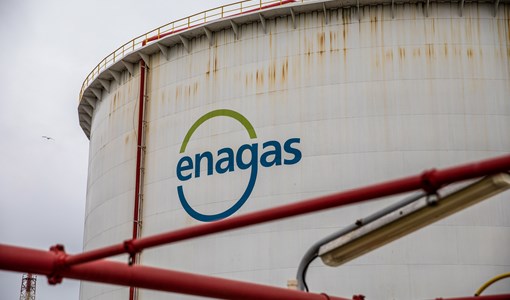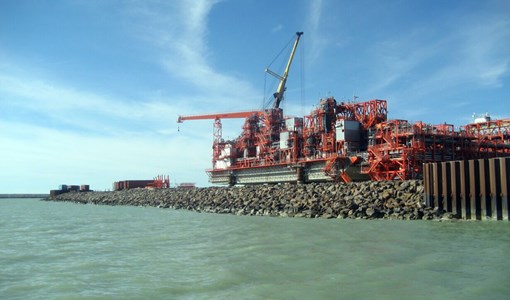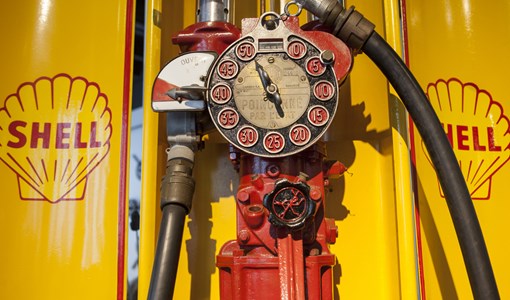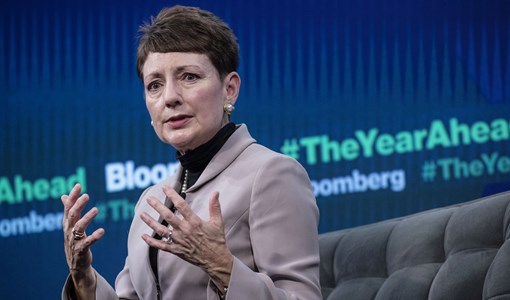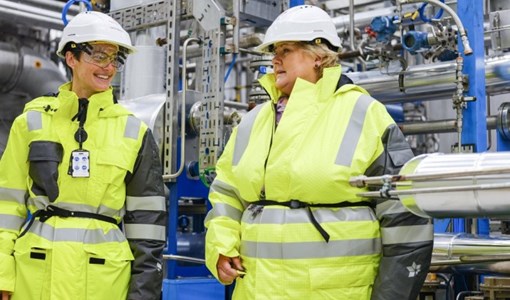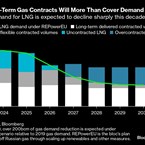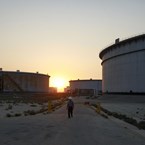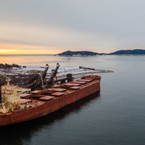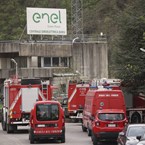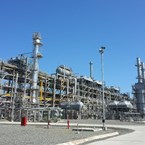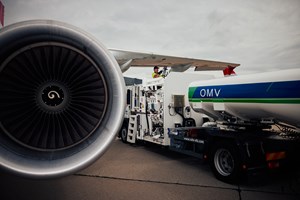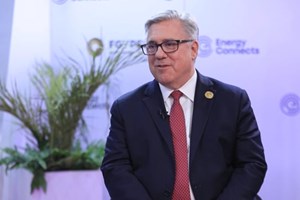Xodus Group advises Dutch government on CCUS project
Xodus Group has delivered a review into tariffs for a landmark Carbon Capture Utilisation and Storage (CCUS) project in the Netherlands.
The review for the Dutch Ministry of Economic Affairs and Climate Policy analysed proposed fees for the transport and storage requirements of the Porthos project, a joint venture between the Port of Rotterdam Authority, Gasunie and EBN,which seeks to transport CO2 from industry in the Port of Rotterdam to empty gas fields beneath the North Sea.
The Netherlands has clear climate objectives to reduce greenhouse gases by 49 per cent in 2030 and 95 per cent in 2050 compared with 1990. The CO2 that will be transported and stored by Porthos, will be captured from a variety of companies, with Shell, ExxonMobil, Air Liquide and Air Products already signing joint development agreements. They will supply their CO2 to a collective pipeline running through the Rotterdam port area before being pressurised in a compressor station.
The study involved a top-down benchmarking analysis, where the project was compared to other planned CCUS developments globally with a focus on similar CCUS backbone suppliers. Xodus also recreated the Porthos design in its cost estimating software and database to arrive at an independent tariff estimate and range. The two approaches yielded similar transport and storage ‘best estimates’, of around 50 euros per tonne, encouragingly close to the figures calculated by Porthos.
Jonathan Fuller, Global Head of Advisory and Energy Transition at Xodus Group said: “The Porthos project has the potential to make a significant contribution to helping the Netherlands reach its carbon reduction targets. CCUS is still relatively in its infancy, which creates uncertainty around cost models. We analysed other global projects, both planned and in operation, taking into consideration peak CO2 rates, capital and operating expenditures and relevant country taxes. The Porthos model, with multiple suppliers and a shared backbone is currently the most developed of its kind, so to ensure the review was robust we modelled the design in our cost estimating software which yielded a very similar tariff result, giving the certainty needed to move forward.”
The CO2will be transported through an offshore pipeline to a platform in the North Sea, approximately 20km off the coast where it will be pumped into an empty gas field more than 3km beneath the sea. It is expected that in its early years, the project will be able to store approximately 2.5 million tonnes of CO2per year with plans to be operational by 2024.
Fuller added: “CCUS is expected to play a vital role in decarbonisation strategies with Shell estimating that in the EU, at least 24 million tonnes per annum of CCUS facilities are needed to be installed between 2025 and 2050, at a rate of two per month. The current pipeline falls well short of this goal. A key barrier is the lack of established business models to allow adoption of the technology at scale. Xodus is developing a roadmap for CCUS commercialisation by addressing the policy, business model structures and interactions required between public and private vehicles to achieve success.”
KEEPING THE ENERGY INDUSTRY CONNECTED
Subscribe to our newsletter and get the best of Energy Connects directly to your inbox each week.
By subscribing, you agree to the processing of your personal data by dmg events as described in the Privacy Policy.
More gas & LNG news

Tepco Flagship Nuclear Plant to Load First Fuel Since Fukushima
Apr 15, 2024
GE Vernova’s technology to help LG&E and KU further diversify sustainable energy portfolio
Apr 15, 2024
Biden Plans Sweeping Effort to Block Arctic Oil Drilling
Apr 12, 2024
LNG Importer New Fortress Energy Cuts London Trading Staff
Apr 11, 2024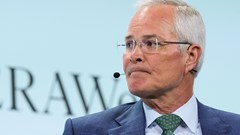
Exxon CEO Pay Climbed 2.8% to $36.9 Million Last Year on Pension
Apr 11, 2024
Equinor’s Energy Trader Eyes New Zealand Amid Expansion in Asia
Apr 11, 2024
Chevron CEO’s Pay Rose 12% to $26.5 Million Last Year on Pension
Apr 10, 2024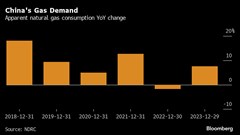
PetroChina to Build Up Its LNG Fleet and Expand Global Trade
Apr 10, 2024
GE Vernova secures H-class gas turbine order to convert coal-fired power plant in South Korea
Apr 10, 2024
Chariot completes Energean partnership transaction, signs Morocco rig contract
Apr 10, 2024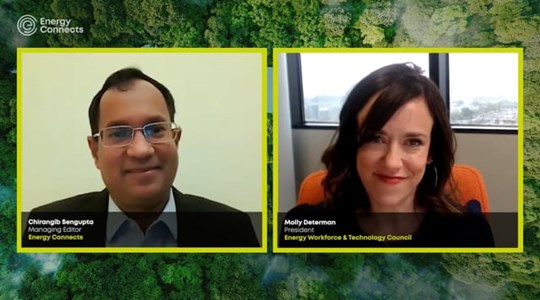
Energy Workforce helps bridge the gender gap in the industry
Mar 08, 2024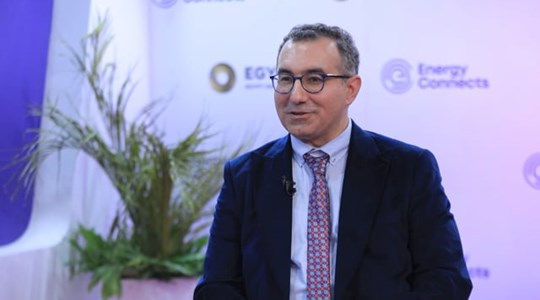
EGYPES Climatech champion on a mission to combat climate change
Mar 04, 2024
Fertiglobe’s sustainability journey
Feb 29, 2024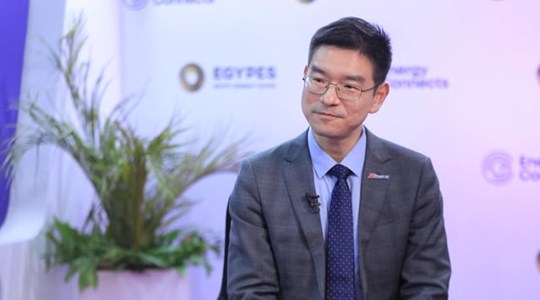
Neway sees strong growth in Africa
Feb 27, 2024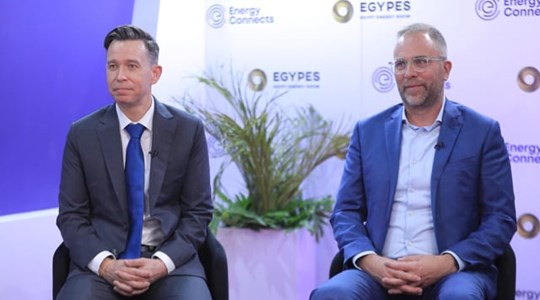
P&O Maritime Logistics pushing for greater decarbonisation
Feb 27, 2024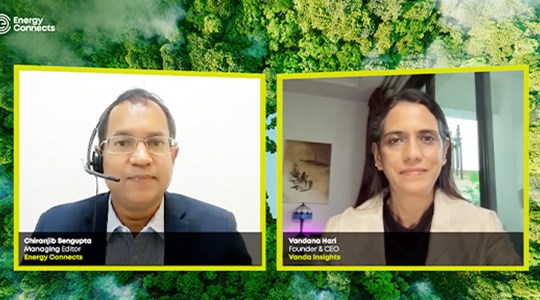
India’s energy sector presents lucrative opportunities for global companies
Jan 31, 2024
Oil India charts the course to ambitious energy growth
Jan 25, 2024
Maritime sector is stepping up to the challenges of decarbonisation
Jan 08, 2024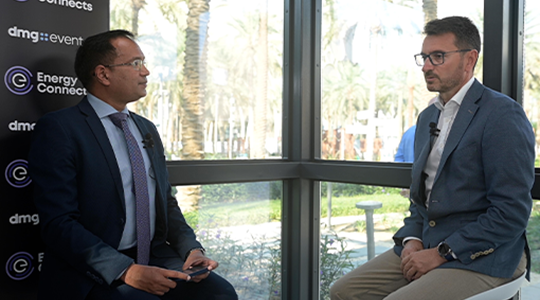
COP28: turning transition challenges into clean energy opportunities
Dec 08, 2023
Why 2030 is a pivotal year in the race to net zero
Oct 26, 2023Partner content

Ebara Elliott Energy offers a range of products for a sustainable energy economy
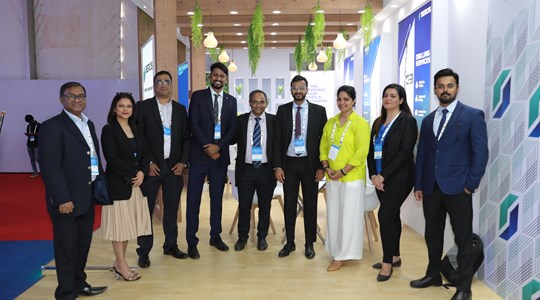
Essar outlines how its CBM contribution is bolstering for India’s energy landscape

Positioning petrochemicals market in the emerging circular economy

Navigating markets and creating significant regional opportunities with Spectrum



